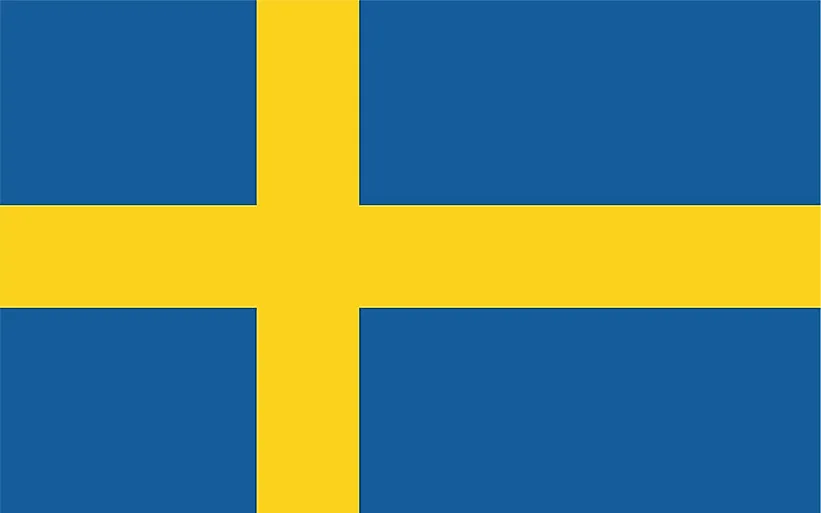
Sweden
| Continent | Europe |
| Capital | Stockholm |
| Population | 9,880,604 |
| GDP | $498.00 Billion |
| GDP per Capita | $49,700 |
| Dialing Code | +46 |
| ISO Code (2-letter) | SE |
| ISO Code (3-letter) | SWE |
Sweden Landscapes






About Sweden
Welcome to Sweden, a nation of progressive values and natural beauty. With approximately 10.4 million people across 450,295 square kilometers, Sweden combines technological innovation with environmental consciousness, standing as a model of sustainable development and social welfare.
Geographic Features and Natural Beauty
Sweden’s geography encompasses diverse landscapes from arctic tundra to temperate forests. The country features thousands of coastal islands, vast boreal forests, and numerous lakes including Vänern, the largest in the European Union.
The landscape includes the mountainous regions of the north, the central lowlands, and an extensive archipelago. The country’s varied terrain creates diverse ecosystems supporting unique wildlife including moose, reindeer, and brown bears.
Protected areas include numerous national parks like Sarek and the High Coast UNESCO World Heritage site. The country’s commitment to conservation focuses on preserving its pristine wilderness while promoting sustainable access.
Cultural Heritage and Traditions
Swedish culture represents a blend of ancient Nordic traditions and modern innovation. The country’s heritage includes distinctive design aesthetics, traditional celebrations like Midsummer, and the concept of “allemansrätten” (right to roam).
Traditional arts include folk music, handicrafts like Dalecarlian horses, and distinctive architecture. Cultural practices feature fika (coffee break), julbord (Christmas feast), and crayfish parties.
Swedish cuisine combines traditional ingredients with modern gastronomy, featuring dishes like meatballs, gravlax, and smörgåsbord. The tradition of “lagom” (moderation) remains central to social philosophy.
Historical Journey
Sweden’s history spans from Viking expeditions through great power status to modern welfare state. The country’s peaceful development has shaped its current role as a global mediator.
Significant periods include the Viking Age, the Swedish Empire, industrialization, and the development of the “Swedish Model” of social welfare. The country’s neutrality during World Wars has influenced its diplomatic approach.
Modern Economic Landscape
Today’s Swedish economy focuses on innovation, technology, and sustainable development. The country is known for its startups, renewable energy initiatives, and social innovations.
Recent initiatives emphasize digital transformation, green technology, and circular economy principles. Sweden’s educated workforce and technological infrastructure support its position as a global innovator.
International Relations and Global Position
Sweden maintains significant influence through diplomatic mediation and development cooperation. The country’s environmental leadership and social model extend its soft power globally.
Did You Know?
• Sweden has one of the highest numbers of patents per capita in Europe?
• The Nobel Prizes were established by Swedish inventor Alfred Nobel?
• The country has the world’s first “ice hotel,” rebuilt every winter?
• Sweden aims to be fossil-fuel free by 2045?
Conclusion
Sweden represents a unique combination of innovation and sustainability. From its arctic wilderness to its tech hubs, from its traditional celebrations to its modern social policies, Sweden continues to evolve while preserving its natural heritage. As it addresses challenges including climate change and demographic shifts, Sweden remains committed to its role as a leader in sustainable development while maintaining its position as a model of social innovation and environmental stewardship.